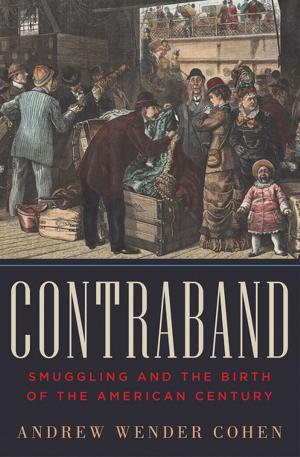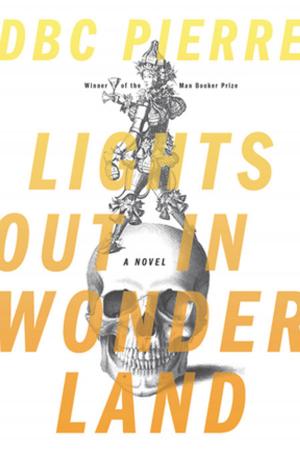| Author: | Thomas Fleming | ISBN: | 9780393348590 |
| Publisher: | W. W. Norton & Company | Publication: | August 17, 1984 |
| Imprint: | W. W. Norton & Company | Language: | English |
| Author: | Thomas Fleming |
| ISBN: | 9780393348590 |
| Publisher: | W. W. Norton & Company |
| Publication: | August 17, 1984 |
| Imprint: | W. W. Norton & Company |
| Language: | English |
When members of the colonial assembly warned Governor Philip Carteret in 1668 that he should abandon any expectations "that things must go according to your opinions," they struck a keynote for the New Jersey experience and suggested to author Thomas Fleming what perhaps should have been the state's motto: "Divided We Stand."
Ethnic diversity made New Jersey an early testing ground for the melting pot, as Yankees, Irish, Italians, and blacks strove for a chance at the good life. To many, that meant a job in the factories that made the state an industrial pioneer; to others, it meant life on the farms that made New Jersey truly the "Garden State."Mr. Fleming concludes that today New Jersey may be in the vanguard of a new American way of life, "the first metropolitan state with equally convenient access to cities and to countryside." He foresees an "equally-oriented New Jersey, honestly and efficiently governed," reminding the nation that divisiveness and acrimony can have more than one outcome. After all, New Jerseyites may have voted repeatedly for the "Boss of Bosses," Frank Hague, but they also once chose as their governor a Princeton professor named Woodrow Wilson.
When members of the colonial assembly warned Governor Philip Carteret in 1668 that he should abandon any expectations "that things must go according to your opinions," they struck a keynote for the New Jersey experience and suggested to author Thomas Fleming what perhaps should have been the state's motto: "Divided We Stand."
Ethnic diversity made New Jersey an early testing ground for the melting pot, as Yankees, Irish, Italians, and blacks strove for a chance at the good life. To many, that meant a job in the factories that made the state an industrial pioneer; to others, it meant life on the farms that made New Jersey truly the "Garden State."Mr. Fleming concludes that today New Jersey may be in the vanguard of a new American way of life, "the first metropolitan state with equally convenient access to cities and to countryside." He foresees an "equally-oriented New Jersey, honestly and efficiently governed," reminding the nation that divisiveness and acrimony can have more than one outcome. After all, New Jerseyites may have voted repeatedly for the "Boss of Bosses," Frank Hague, but they also once chose as their governor a Princeton professor named Woodrow Wilson.















